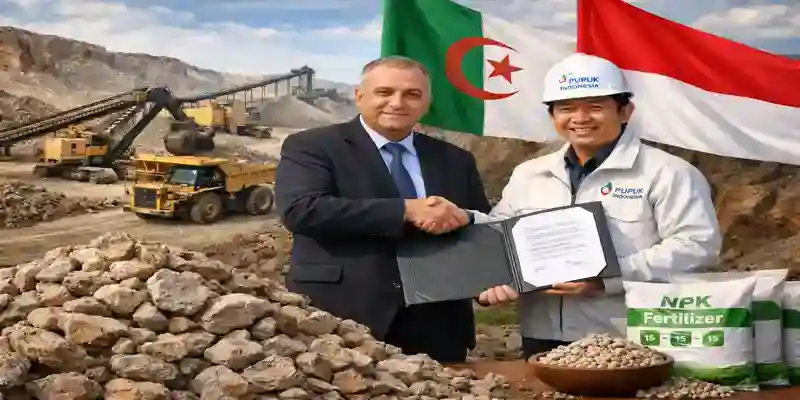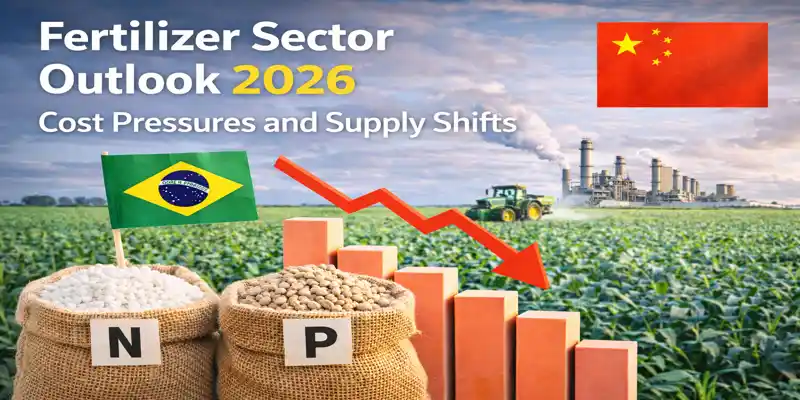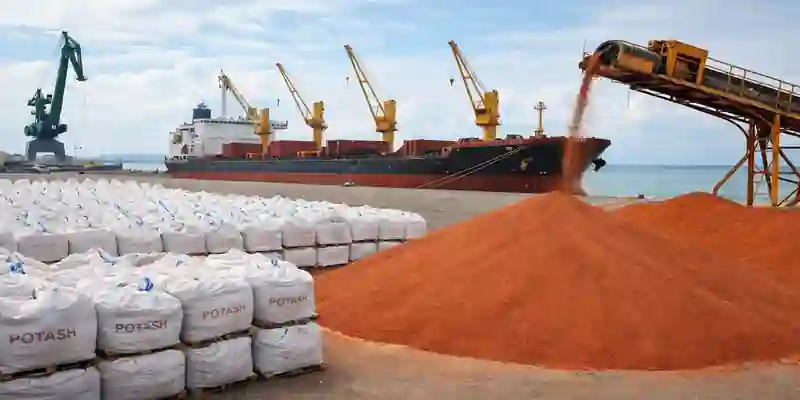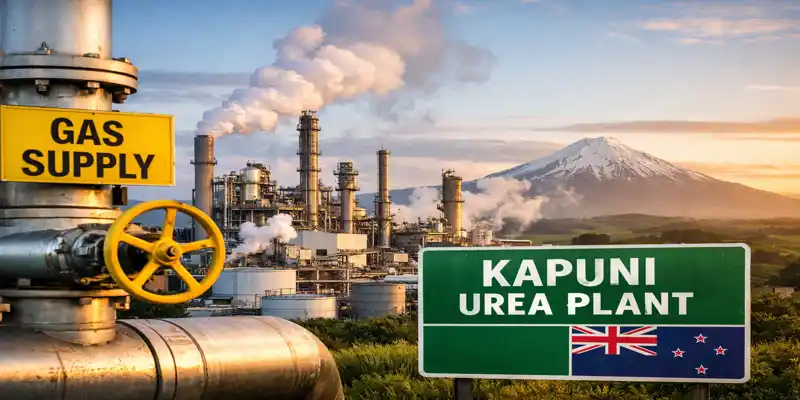Egypt India fertilizer cooperation is growing stronger as both countries explore new opportunities in petrochemicals, mining, and fertilizer production. The latest discussions signal a deeper partnership aimed at improving food security and supporting fertilizer supply across both nations.
Egypt’s Minister of Petroleum and Mineral Resources, Karim Badawi, met with India’s Minister of Health, Chemicals, and Fertilizers, Shri Jagat Prakash Nadda, during the Global Congress on Population, Health, and Human Development (PHDC). Their talks focused on expanding trade, boosting fertilizer output, and building long-term industrial ties.
Strengthening Bilateral Trade
Badawi highlighted Egypt’s ongoing investments in new fertilizer and petrochemical plants. These projects aim to increase domestic production and improve regional food security. With rising global demand, he said Egypt is ready to collaborate with Indian companies in sectors ranging from exploration and production to downstream petrochemicals.
Nadda confirmed India’s interest in expanding Egypt India fertilizer cooperation, especially in phosphate fertilizers. He noted that India continues to rely on secure fertilizer supply chains to support its agricultural sector. Stronger cooperation with Egypt will help India meet long-term nutrient needs while diversifying import sources.
New Opportunities for Investors
Both ministers emphasized that this cooperation opens investment opportunities for companies in Egypt and India. The partnership would support exports to South Asia, Europe, and African markets. This approach helps both nations reduce supply risks and build stable fertilizer flows.
Companies from India are already exploring partnerships with Egypt’s petroleum and mining sectors. The talks also encouraged private-sector participation to accelerate joint projects.
Why This Matters
As global fertilizer markets face volatility, Egypt India fertilizer cooperation creates a more reliable supply framework. The collaboration supports food security, strengthens bilateral trade, and encourages investment in high-growth sectors such as phosphate mining and petrochemical manufacturing.





